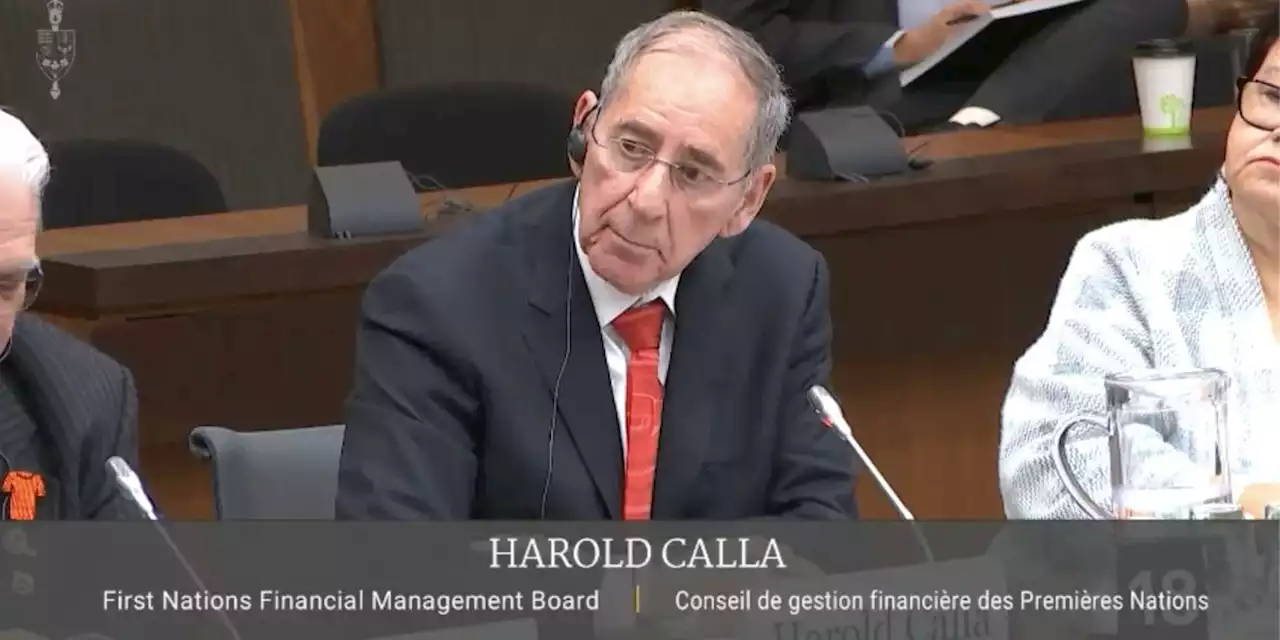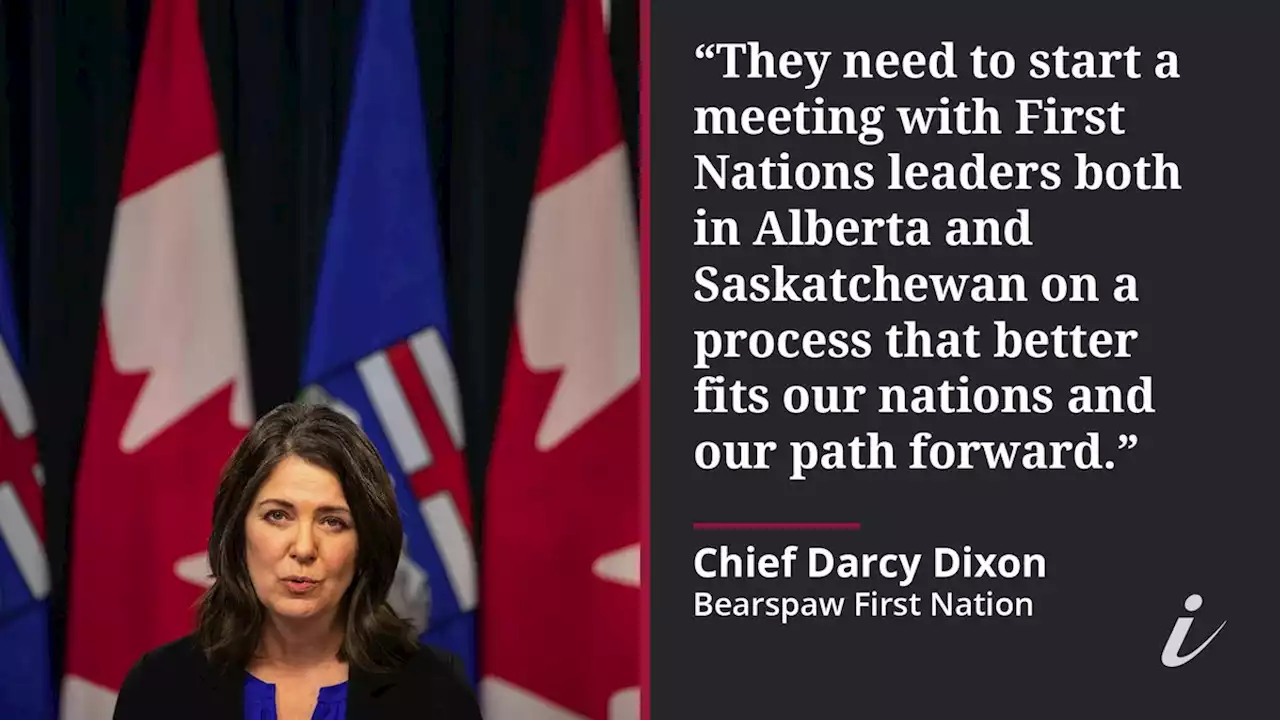'The federal government has spent 50 years tiptoeing about, surrendering powers and money to one province or another ... and the provinces are more aggrieved, more determined to wring whatever life remains out of it, than ever.' -via acoyne
In the latest outbreak of provincial lawlessness, the government of Quebec has introduced a bill purporting to single-handedly amend the Constitution of Canada. Or rather, another bill.
Leave aside whether members of the country’s legislatures should be required to swear to uphold the country’s system of government, rather than to destroy it. What is unarguable is that a provision that applies to every province may not be unilaterally amended by one province. What should the federal government do about Bill 21, which prohibits the hiring of members of observant religious minorities in much of the Quebec public sector? It should do nothing. What should it do about Bill 96, and its deliberate flouting of the Constitution – to say nothing of the extraordinary prohibitions on the use of English, even in private conversations, backed by even more extraordinary powers of enforcement, including warrantless searches? Exactly: say nothing. Do nothing.
But Bill 96? If anything it is colluding in it: In response to Bill 96′s assertion of a provincial power to regulate the language of work in federally regulated workplaces, the Trudeau government hastened to produce Bill C-13, which would subject them to provincial language law.
Canada Latest News, Canada Headlines
Similar News:You can also read news stories similar to this one that we have collected from other news sources.
 Bus company starts new daily trips between Ottawa and TorontoRed Arrow has launched intercity motorcoach service between Ottawa and Toronto, with stops in Kingston and Scarborough.
Bus company starts new daily trips between Ottawa and TorontoRed Arrow has launched intercity motorcoach service between Ottawa and Toronto, with stops in Kingston and Scarborough.
Read more »
 The North needs less OttawaCanada claims to be embarking on a project of reconciliation and our politicians seldom miss an opportunity to speak positively about the importance of nation-to-nation relationships with Inuit, Métis, and First Nations—but those of us who live in the territories should be forgiven for taking these pronouncements with a degree of skepticism. As premier of the Northwest Territories in the late 1980s, for instance, I repeatedly advocated for measures to bring the standard of living for northern Canadians in line with the standard of living in the South. As the Senator representing Nunavut since 2009, I continue to advocate for this. It can be disheartening to see just how little things have changed over the past decades, despite the best intentions of successive governments. But today’s conversations about reconciliation and nation-to-nation relationships afford an opportunity to inch closer to meaningful progress. The solution lies in the terms themselves: we must ask ourselves what we mean when we talk about reconciliation and nation-to-nation relationships. Too often, these concepts are taken to mean bringing Indigenous people to the table so Ottawa can hear their concerns before deciding what to do. Listening is certainly an important part—but Indigenous and northern voices cannot simply be things to be factored in to government deliberations. A true nation-to-nation relationship would require the federal government to acknowledge the autonomy of northern peoples. We must have power to make decisions that affect us. The status quo amounts to costly subservience—the federal government controls the purse strings and sets the rules. Sometimes this means onerous reporting requirements. Sometimes money is only available for a short time, with unspent funds clawed back. The territories have been playing Ottawa’s game for decades, and housing, transportation, broadband, and clean energy are still a long way from the standards southern Canadians expect. What the North nee
The North needs less OttawaCanada claims to be embarking on a project of reconciliation and our politicians seldom miss an opportunity to speak positively about the importance of nation-to-nation relationships with Inuit, Métis, and First Nations—but those of us who live in the territories should be forgiven for taking these pronouncements with a degree of skepticism. As premier of the Northwest Territories in the late 1980s, for instance, I repeatedly advocated for measures to bring the standard of living for northern Canadians in line with the standard of living in the South. As the Senator representing Nunavut since 2009, I continue to advocate for this. It can be disheartening to see just how little things have changed over the past decades, despite the best intentions of successive governments. But today’s conversations about reconciliation and nation-to-nation relationships afford an opportunity to inch closer to meaningful progress. The solution lies in the terms themselves: we must ask ourselves what we mean when we talk about reconciliation and nation-to-nation relationships. Too often, these concepts are taken to mean bringing Indigenous people to the table so Ottawa can hear their concerns before deciding what to do. Listening is certainly an important part—but Indigenous and northern voices cannot simply be things to be factored in to government deliberations. A true nation-to-nation relationship would require the federal government to acknowledge the autonomy of northern peoples. We must have power to make decisions that affect us. The status quo amounts to costly subservience—the federal government controls the purse strings and sets the rules. Sometimes this means onerous reporting requirements. Sometimes money is only available for a short time, with unspent funds clawed back. The territories have been playing Ottawa’s game for decades, and housing, transportation, broadband, and clean energy are still a long way from the standards southern Canadians expect. What the North nee
Read more »
 Indigenous leaders demand Prairie provinces withdraw Ottawa-busting billsIndigenous leaders are demanding Alberta and Saskatchewan withdraw their Ottawa-fighting bills over concerns they may impact treaty rights. One says he doesn't trust the Alberta government.
Indigenous leaders demand Prairie provinces withdraw Ottawa-busting billsIndigenous leaders are demanding Alberta and Saskatchewan withdraw their Ottawa-fighting bills over concerns they may impact treaty rights. One says he doesn't trust the Alberta government.
Read more »
 Only one Ottawa restaurant among top 100 in Canada, OpenTable saysJust one Ottawa restaurant has cracked OpenTable's annual list of the 100 best in Canada.
Only one Ottawa restaurant among top 100 in Canada, OpenTable saysJust one Ottawa restaurant has cracked OpenTable's annual list of the 100 best in Canada.
Read more »
 Changing habits for Ottawa residents as interest rate hikes continueOttawa residents say the Bank of Canada's latest hike in interest rates will continue to put a strain on monthly budgets.
Changing habits for Ottawa residents as interest rate hikes continueOttawa residents say the Bank of Canada's latest hike in interest rates will continue to put a strain on monthly budgets.
Read more »
